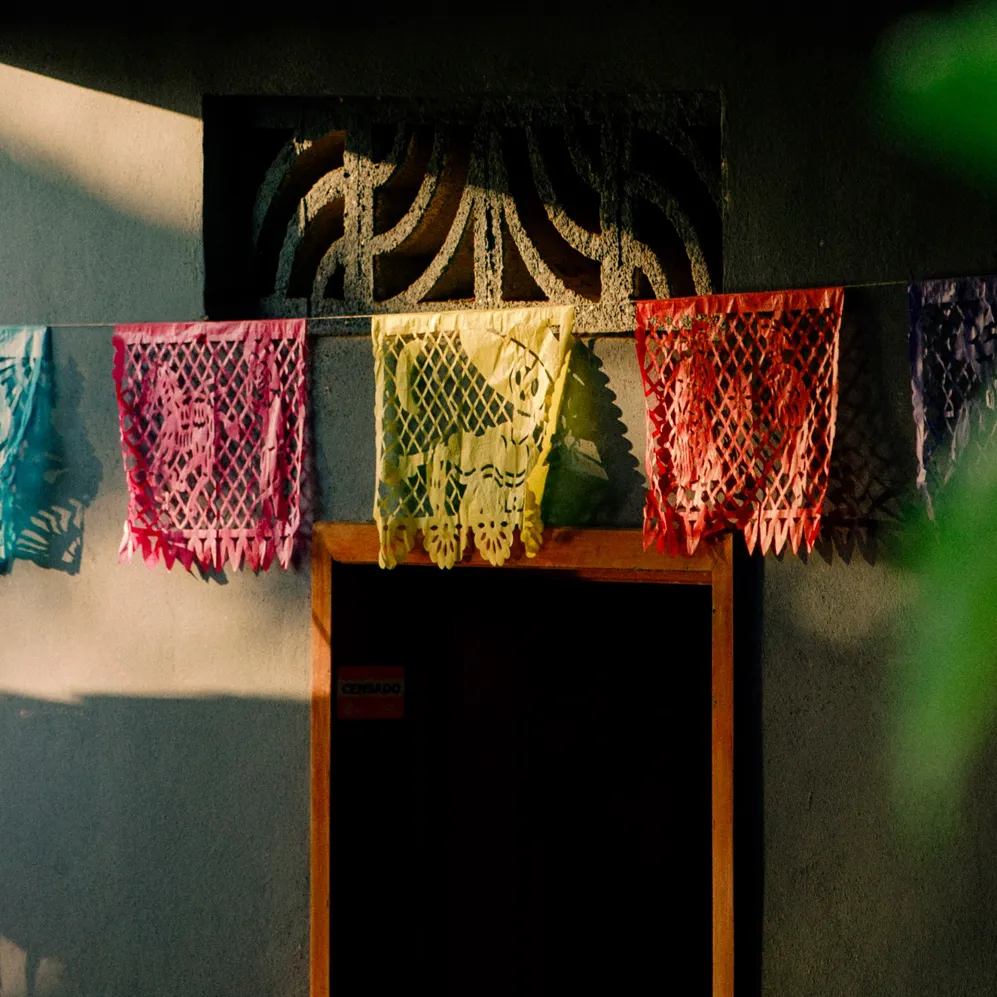
Words Allison Reiber DiLiegroDate 08 September 2021
Some are easier, such as opting to take a train over a plane, shopping locally, and choosing activities mindfully. However, one of the most essential choices isn’t so simple: Which destination should we visit in the first place? This is where the experts can help.
One of the leading experts is EarthCheck, an organization considered the gold standard in destination benchmarking. Rooted in the philosophy that “what gets measured gets managed,” the organization has built a rigorous benchmarking, certification, and performance improvement system that uses science to tackle environmental and social concerns. They believe that a destination needs to fully understand its footprint before it can take action.
These countries are currently home to EarthCheck-certified Sustainable Destinations.
Australia is home to vast swaths of nature worth exploring, but part of what makes the country so special is its dedication to responsible tourism. There are several EarthCheck-certified Sustainable Destinations scattered across the land.
The Whitsunday Islands, protected by the Great Barrier Reef and fringed with beautiful beaches, are a popular destination for sailors, divers, and sun-bathers. The islands have recently partnered with EarthCheck to work towards becoming more climate-resilient. A second certified destination is Rottnest Island, a nature reserve just off the coast of Perth that is self-powered and moving towards renewable energy sources. Finally, in a more mountainous locale, there’s Thredbo Village, which was the first Australian snow resort to meet the rigorous standards required to receive Gold EarthCheck certification.
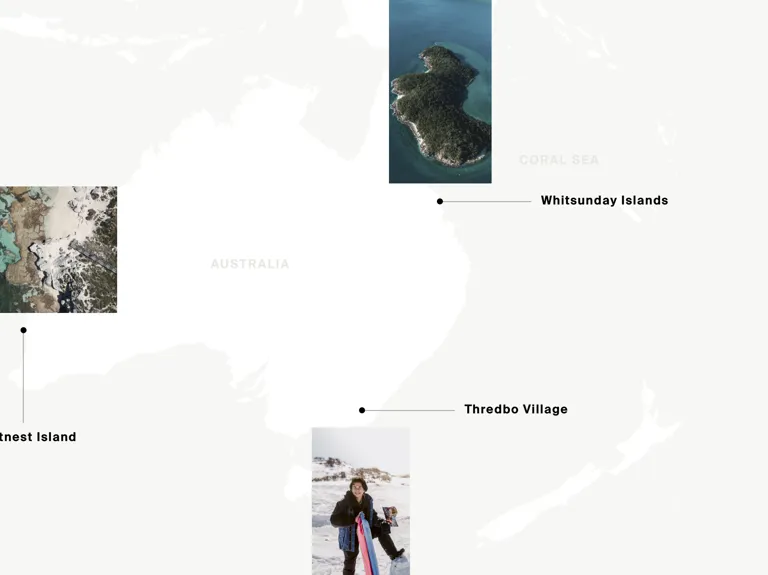
Known for its clean air, pristine wilderness, and spectacular scenery, Iceland is a leading example in the realm of responsible travel. While the popular island has dealt with overtourism, particularly in Reykjavik, the country asks travelers to take the Icelandic Pledge, an oath for tourists to promise to treat the country gently.
The nation is also home to one EarthCheck Platinum-certified destination: the Snaefellsnes peninsula. This 1,500-square-kilometer outcropping on the island’s west coast is home to a wide range of diverse landscapes, with glaciers, black sand beaches, and the dramatic Eldborg volcano. The community is nearly plastic bag-free and devotes itself to the preservation of resources, cultural heritage, and animal habitats.
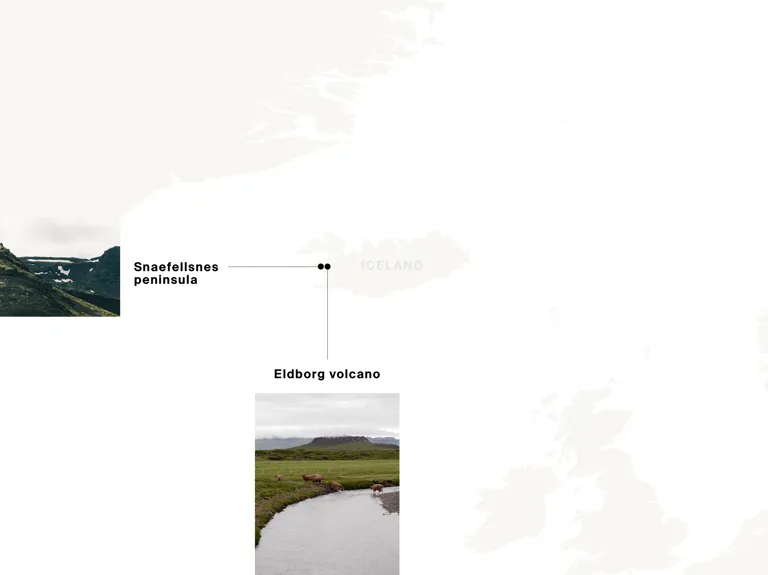
While politics can get in the way of Mexico making meaningful strides towards more sustainable tourism, some forward-thinking destinations have taken matters into their own hands. In fact, Mexico is home to the largest collection of EarthCheck Sustainable Destinations worldwide.
Huatulco, set in beautiful Oaxaca, became the first EarthCheck Certified Gold community in the Americas in 2011. Now, the destination is joined by Ixtapa, set on the Pacific coast, Loreto, a city in Baja California, Nuevo Vallarta, and classic resort destination, Playa del Carmen.

Portugal is fast becoming one of Europe’s most dedicated destinations when it comes to promoting responsible tourism. In 2019, Portugal mandated that 90% of its tourism business adhere to specific rules regarding waste, water, and energy use by 2027.
In the meantime, two regions have already been recognized as EarthCheck Sustainable Destinations: the Municipio de Baião, home to the Douro River valley and the most important native forest in the region, and the Azores. This stunning archipelago in the mid-Atlantic is home to dramatic landscapes, spectacular coastlines, and charming villages.
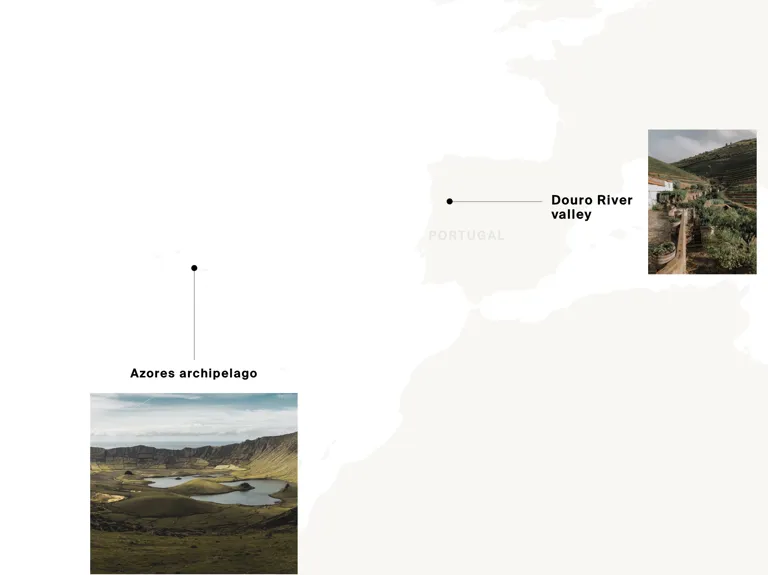
Sweden often sits atop lists of the most sustainable travel destination in the world, with its dedication to the UN Sustainable Development Goals and its deep-seated connection to nature. Set in the center of the country along the Ljusnan river, Järvsö is the first place in Sweden to become an EarthCheck Sustainable Destination. Known for its ski slope, Järvsöbacken, the region is set to become a leader in sustainable tourism.
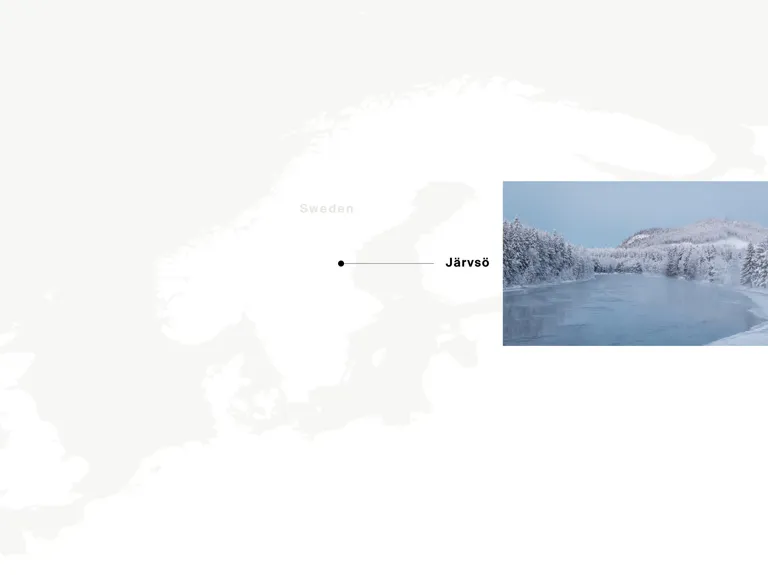
While the United States has an uneven record when it comes to sustainable tourism, one county has pulled to the fore and is taking leading role in promoting responsible tourism: Teton County, Wyoming.
Home to the Jackson Hole, the iconic ski and wildlife destination, the county is the first in North America to be certified sustainable by EarthCheck. Here, elk, moose, and buffalo can be spotted in the wild, milling about beneath soaring mountains. And Teton County plans to keep it that way.
